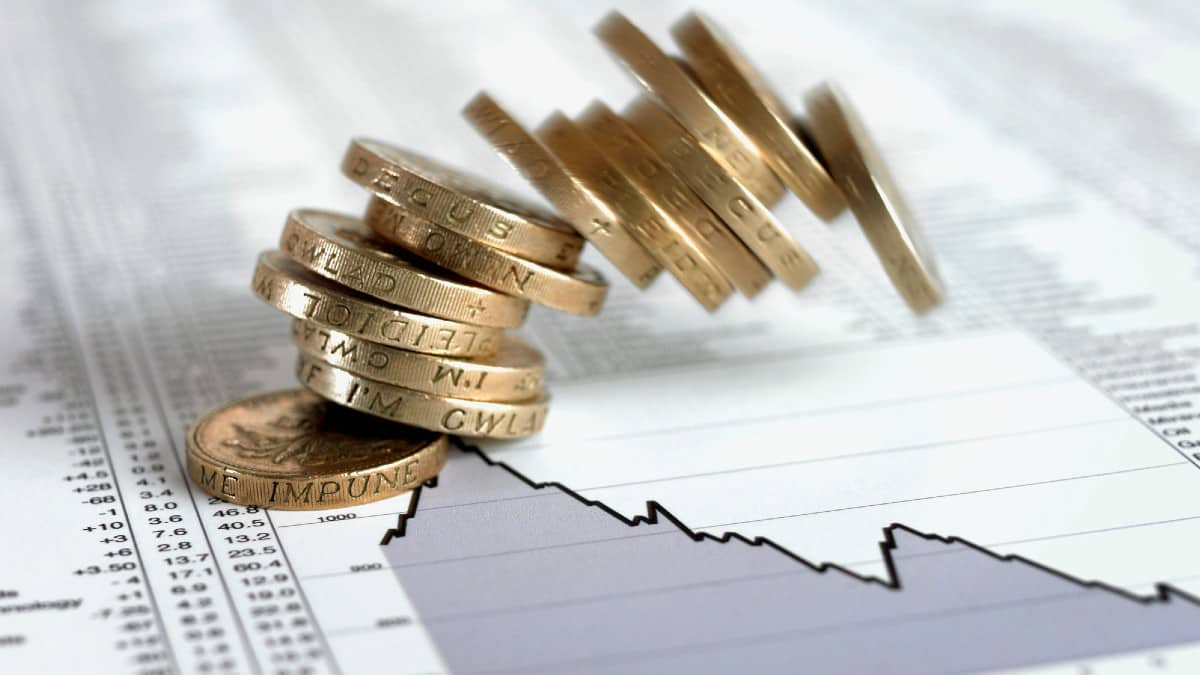The story of Cineworld (LSE: CINE) shares has been a traumatic one. But it looks like it’s finally coming to a close.
The cinema operator now plans to file for administration in July, which will see its shares suspended.
It had previously entered Chapter 11 protection in the US, and tried for an asset sale. But it couldn’t find a buyer.
Should you invest £1,000 in Cineworld right now?
When investing expert Mark Rogers has a stock tip, it can pay to listen. After all, the flagship Motley Fool Share Advisor newsletter he has run for nearly a decade has provided thousands of paying members with top stock recommendations from the UK and US markets. And right now, Mark thinks there are 6 standout stocks that investors should consider buying. Want to see if Cineworld made the list?
Cineworld shares are still trading for now. But they fell 23% Wednesday when the latest news broke. The price closed at 0.56p, down 99.8% over the past five years.
Lessons for shareholders
What’s on the cards for existing shareholders? Well, Cineworld had previously told us that its debt restucturing plan “does not provide for any recovery” for them. Nothing seems to have changed there.
Susannah Streeter, of Hargreaves Lansdown, reckons the firm is likely to come out of insolvency as “a dramatically slimmed down player in the movie world“.
So what can we learn?
I suspect we’re going to hear people telling us we should never try to catch a falling knife, and things like that. But catchphrase wisdom doesn’t always tell us much.
Dead cat, or top buy?
The only way to be sure never to catch a falling knife would be to never buy shares that are dropping in price.
But wouldn’t that be madness? It’s exactly what we do want to do, buy shares when they’re cheap and sell when they’re dear.
Turning our noses up at any company that might make a good recovery investment would have closed us to some cracking opportunities in the past few years.
Avoid recovery investing?
Rolls-Royce Holdings has been through deep trouble, for example. But it looks like it’s pulling through. Rolls shares are still down more than 50% in five years. But anyone who bought a year ago has almost doubled their money by today. And forecasts are upbeat.
At the same time, I remember someone during the pandemic telling me they might buy Thomas Cook shares, because they’d fallen so far they must be cheap.
Thankfully he waited. And within a few days the company was no more.
Find the winners
In a stock market crash, it can be really hard to tell the future winners from the losers. For me, it’s down to cash and debt. Both are critical.
Price-to-earnings (P/E) ratio looking really low? Well, the E part could end up at zero. Dividend yield pushed up to 20%? That’s no good if a firm goes bust before it can pay it.
I have a rule of thumb to use in these situations. What I’ll do is look at a company’s net debt, and add that to the market-cap.
Debt-free purchase
That tells me how much an investor would have to pay to buy the whole company, and turn it into a debt-free operation. And I’d judge the firm’s profit and cash flow prospects in line with that.
Looking at things that way during the recent tough times made a lot of apparent bargain-basement stocks actually look badly overvalued to me.
I missed some bargains, for sure. But I didn’t suffer any wipeouts. At least not yet.








